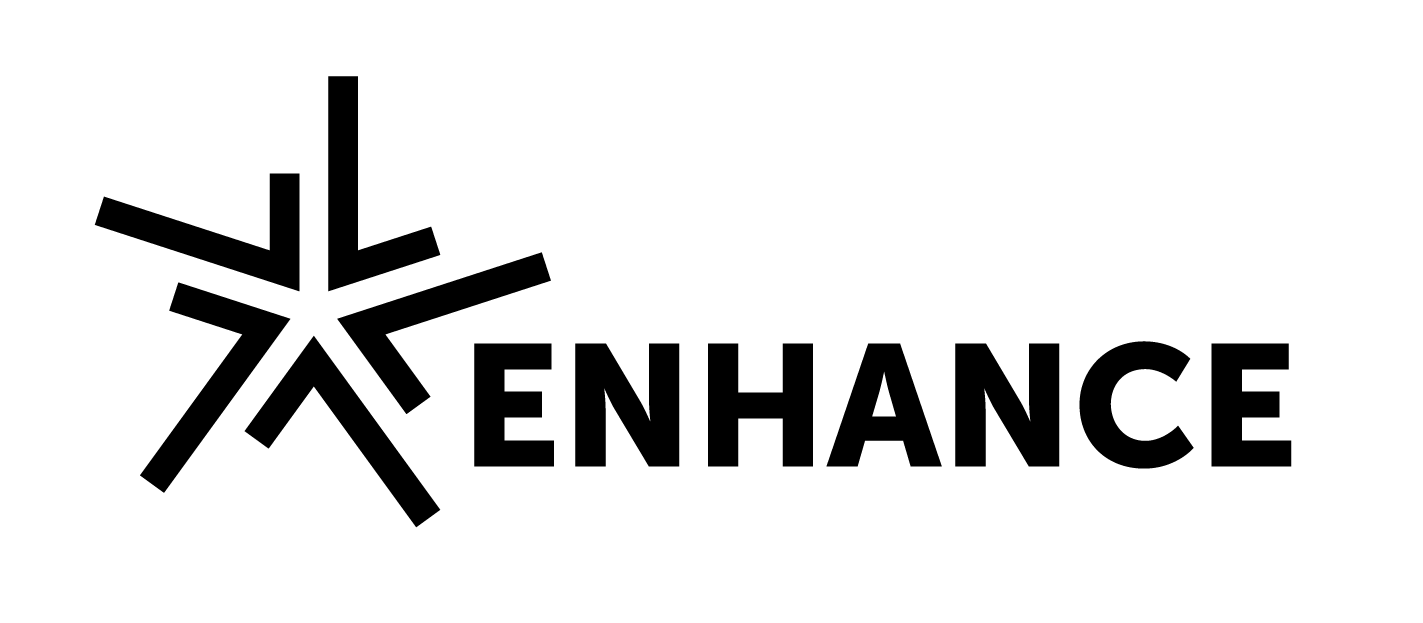Representatives of the seven ENHANCE Alliance member universities have met at the Politecnico di Milano campus (Milan) to make progress in implementing the Education Pathways, a system of shared learning goals and outcomes, and a subject and competence mapping tool that allows students to select courses across all educational offers of the partner institutions.
The meeting participants concluded that the implementation of this educational model would facilitate the following:
– Free access (physical and digital) for all students to this joint educational offer (full inclusion and diversity).
– Mobility of academic staff to teach their courses.
– Development of joint content based on transdisciplinarity and an approach based on European challenges and values.
– Each university awards its degrees according to local requirements
– ENHANCE certifies the quality of the joint educational offer and awards the European Degree Label, going far beyond the concept of exchanges, dual and joint degrees.
– Strong focus on education through the European Educational Pathways (EEP), which merges the educational offer of all member universities.
In this way, the ENHANCE programme aims to move from exchange to integration. ENHANCE will therefore foster a globally responsible social transformation rooted in European values and encourage the development and use of science and technology for the benefit of society.
Promoting European values for a healthy global balance (human dignity, freedom, democracy, equality, the rule of law, and human rights) has always been at the project’s core.
Consequently, all ENHANCE communities; students, teachers, and staff will be offered the opportunity to live and breathe a European immersion experience.
All this is linked to the European Universities initiative promoted by the European Union. This initiative encourages higher education institutions to find new ways of deeper cooperation, testing various innovative and structural models to implement and achieve systemic, structural, and sustainable collaboration. This will lead to a profound institutional transformation.
In this sense, the Pathways anticipate the European Commission’s objectives in the subsequent funding round. These include:
- Developing and implementing an integrated long-term joint education strategy based on a common vision and shared values supported by joint management and governance structures.
- Building on a shared pool of resources and implement a common legal statute for the alliance where appropriate.
- Establishing a European higher education inter-university campus, which offers seamless mobility opportunities, delivers new joint, flexible and innovative curricula, and empowers students to customise these. Practical and work-based experience and traineeships. Develop gender equality and inclusion plans at the institutional level.
- Building European knowledge-creating teams (challenge-based approach) to work jointly across disciplines and offer innovative learning and training.
- Building capacity to act as models of good practice to further increase the quality, international competitiveness, and attractiveness of the European higher education landscape.



